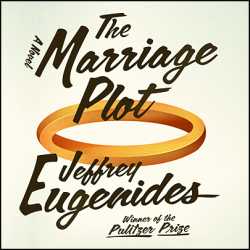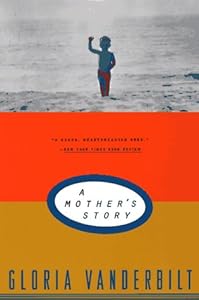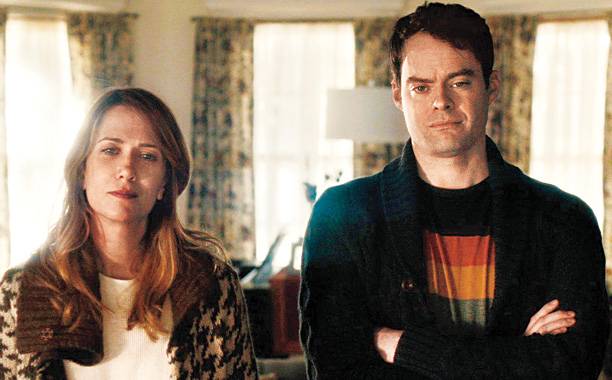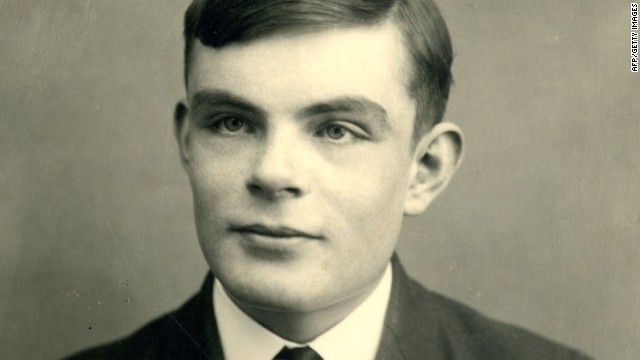My colleague and friend Caterina Edwards has taken the four question challenge poised to writers - happy to post her responses here! Four
Questions:
I have been tagged by Michelle Alfano,
author of the novel Made Up of Arias
and blogger extraordinaire, for the writer’s process blogging tour. So although
I don’t usually blog, here goes:
What am I working on?
I am halfway through a personal essay on World War I. I like a
challenge, but I am, of course, out-of-my depth.
I recently finished a final edit of my new novel The Sicilian Wife, which will be
published in the spring of 2015. It is my first and maybe my last literary
mystery. When I began the book, I intended to challenge most of the conventions
of the whodunit formula. I certainly didn’t
intend to name the culprit. I wanted the readers to figure the solution out for
themselves. With each new draft I was prodded – and gradually convinced – to
shape a more conventional narrative, or at least, a proper conclusion. I
sacrificed most of my lyrical darlings, but the result has more suspense and
stronger characters than my usual.
I love trying new genres. A few years ago, I wrote a radio play and
explored how to tell a story only using sound. Now I am concentrating on the
visual: shaping a screenplay with my friend Mar’ce Merrell.
Why do I write what I do?
As long as I can remember, I told myself
stories. I tuned out the world and let my imagination loose. Eventually, the
purpose of my stories changed – at least partly. I write not to hold off the world but to
enter and to explore it. The process of writing is a method of thought and of
coming to understanding. My characters
are often caught between two cultures, migratory, displaced, uncertain in their
identity. I don’t choose these
characters: they choose me. Or that is how it feels. My father was English, my
mother Italian. Growing up in two cultures and two languages, made me
suspicious of a single point of view or a dominant narrative. I always end up
with at least two types of narratives in my books. My nonfiction book Finding Rosa interwove autobiography,
biography, history, and travel writing, as well as explanations of Alzheimer’s
biology and effects. The Sicilian Wife integrates
elements of a police procedural, crime fiction, folk tales, classical allusions,
and contemporary Italian history.
How does my work differ from others in the same genre?
Hard to say since I don’t stick to one
genre. I don’t claim that I am unusually
original. Each of us who writes from her or his heart will create distinct
works, because we are individuals. I like playing with genres and forms,
imposing limits and challenging them. Working
within limits sparks energy and creativity. In all my writing I try to move
inward and outward, finding the connections between here and there, emotions
and ideas, the personal and the political, memory and history, the individual
and society.
How does my writing process work?
It depends on what I’m working on. The nonfiction book on my mother
started with an essay about my experience taking care of her once she became
demented. The material ended up at about a halfway point in the book. I did tons of research, then I started at what
I thought would be the beginning and wrote a hundred pages. I tossed them when
I realized I needed a through line.
The literary mystery was inspired by a story I heard years and years
ago. I knew the end and had to figure out how to get my characters to that
point. But in the writing and rewriting – this book took years - I found the original ending, which I had thought was the
point of the book, didn’t work. So
revision, revision, revision. One of the most difficult things for me is
finding the right rhythm for the work, managing to weave in digressions while
keeping the reader hooked.
Each time I write a book I am feeling my way, learning what shape it
needs to take. Uncertainty and discovery make the process worthwhile.
In turn, I tag Genni Gunn for the next stop in the Great Blog Tour.



























